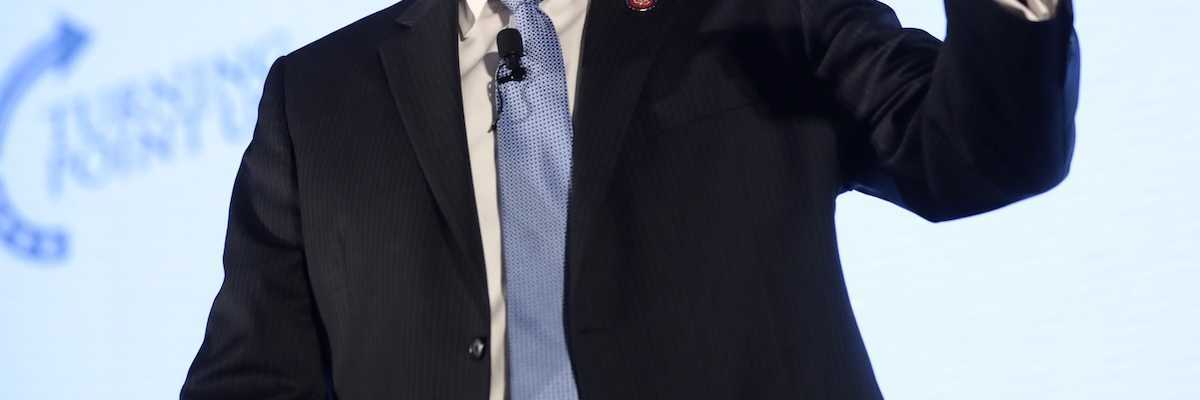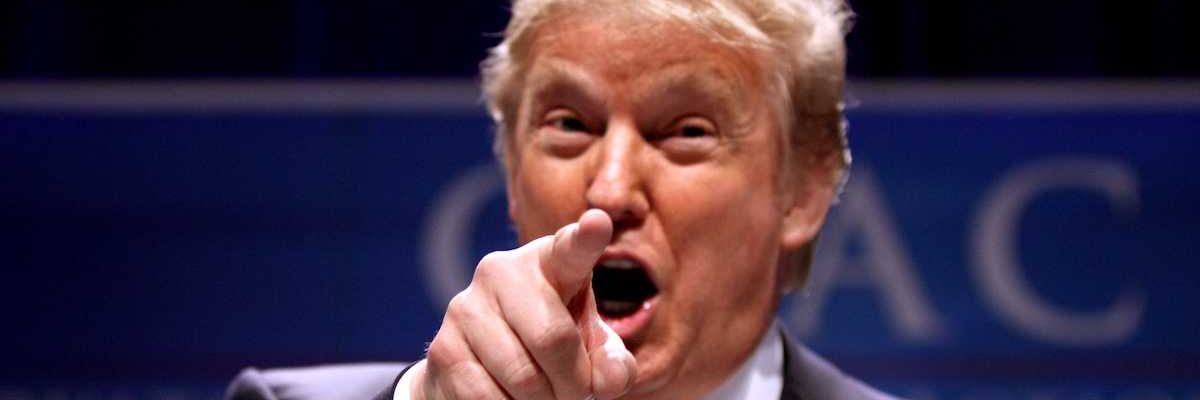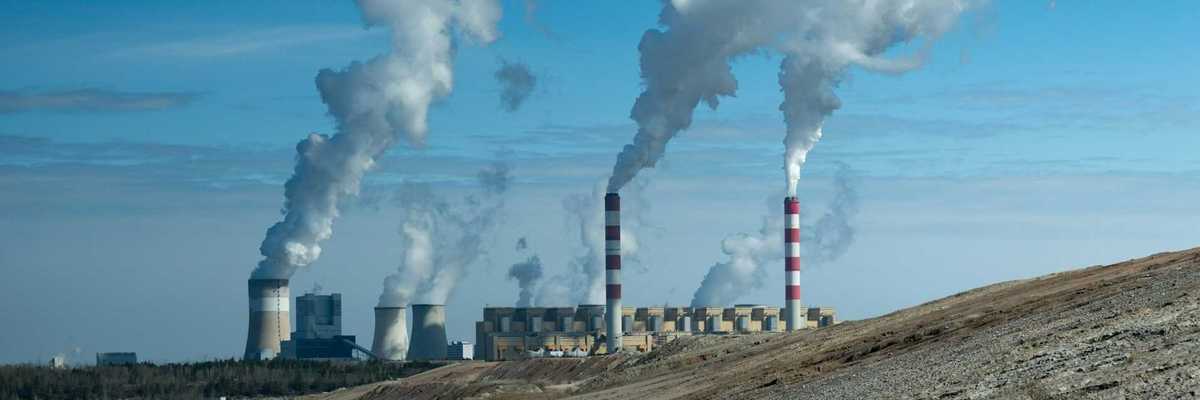entertainment
Storytelling panel at the Bloomberg Green Festival highlights the power of narrative in climate and environmental advocacy
In the last session of the Green Festival, a panel of writers, producers and scientists discussed the crucial role of storytelling in the climate movement and demonstrated how compelling narratives can drive environmental change.
In short:
- Dr. Shanna Swan presented alarming data on how environmental toxins are affecting human fertility, emphasizing the importance of communicating these issues effectively.
- Scott Z. Burns shared his experience as a producer for the Academy Award-winning 2006 documentary, "An Inconvenient Truth." emphasizing the need to connect emotionally with diverse audiences.
- Anna Jane Joyner highlighted her personal journey from the evangelical community to climate advocacy, stressing the emotional impact of storytelling.
Key quote:
"It's not just males. And it's not just semen quality. Men have other things to worry about, right? They worry a lot about the size of their genitals. They're getting smaller.”
— Dr. Shanna Swan, professor at Mt. Sinai & UCSF and senior scientist at EHS
Why this matters:
Storytelling can bridge the gap between scientific facts and public engagement, making complex environmental issues relatable and communicating urgency. By harnessing the power of narrative, advocates can inspire action and drive policy changes crucial for environmental protection.
To learn more about Dr. Swan’s research into links between toxic chemicals and fertility decline, listen to her fascinating conversation with EHN senior editor Brian Bienkowski.
Tim Robinson explores climate change communication through cringe comedy
Comedian Tim Robinson uses his unique style of humor to address the challenges of communicating climate change effectively.
In short:
- Robinson's sketch humorously portrays the difficulty of conveying complex climate science to the general public.
- The sketch resonates with climate scientists who face challenges in making their research accessible and engaging.
- It highlights the gap between scientific communication and public understanding of climate issues.
Key quote:
“I immediately understood where this is coming from. I feel the same pressures, I get the same complaints.”
— Daniel Swain, a climate scientist at the University of California, Los Angeles
Why this matters:
This approach to climate communication underscores the importance of finding new, relatable ways to discuss climate change. It suggests that humor and popular culture can play a role in bridging the gap between scientific knowledge and public awareness.
How ‘Survivor’ and “Amazing Race’ adapt to climate change
CBS hit "Survivor", along with fellow staple “The Amazing Race,” is learning to deal with climate change, globalization and other seismic shifts.
Can a new genre of eco-thrillers inspire climate action?
Susie Orbach: We don’t have to be overwhelmed by climate anxiety. Feel the pain, then act
It doesn’t matter which week we choose. There is always a climate emergency; an emergency we can close our ears and eyes to.
Amanda Shendruk: Climate change movies shouldn't be about only disaster and apocalypse
Hollywood should play a positive role in the fight against global warming by offering a wealth of stories that help humanity make sense of and address the present and future of life on a dangerously warming planet.









